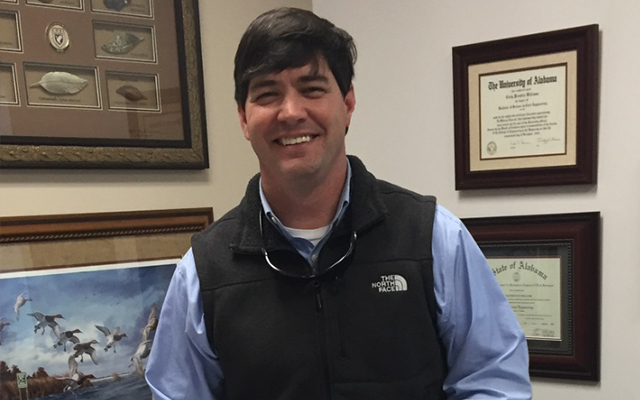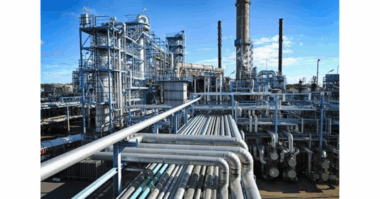Author: Charli K. Matthews
Y’all know I’m a big fan of manufacturing and engineering, so If you’ve seen my latest #ChatWithCharli on Facebook, it won’t come as too big a surprise that I am highlighting some local talent right here in Alabama!
I had the great pleasure of talking with Craig P. Williams, P.E. and Associate Construction Manager who works with BURK-KLEINPETER, INC. to provide a range of engineering services to surrounding communities.
Q. How did you decide to become an engineer? What inspired you?
Craig: As a kid, I was fascinated with any kind of construction. I distinctly remember a bridge being out below our house on a County Road. Throughout the process of removal and replacement, I would ride my bike down several days each week to check on the progress. From the pile driving to the concrete deck, I enjoyed seeing the different components of the construction required to rebuild the bridge. My high school guidance counselor talked with me about civil engineering, and I knew that is what I wanted to do. I worked as a laborer building houses in the summer and worked part-time with an engineering firm when I was in college. It was probably the most valuable experience and motivation I had while I was in school.
Q.What do you love most about being an engineer?
Craig: Being able to take a real world problem, analyze it, and come up with a solution is what I love about being an engineer. I always tell my children that “engineers solve problems for a living”, but it is not just solving the problem, it is the way that you communicate the solution – whether on a set of plans or verbally in the field.
Q. What advice would you give to the next generation of engineers?
Craig: My advice is to have confidence in your goals for what you want to accomplish. There are several people that guided and encouraged me in my career, and that encouragement was so important to me, so now I have a responsibility to encourage others as well. Infrastructure is the backbone of our nation’s economy. There are so many challenges that are significant in rebuilding our infrastructure. Our next generation of engineers will need to solve these challenges with communication, leadership, planning, and the continued advancement of technology.




